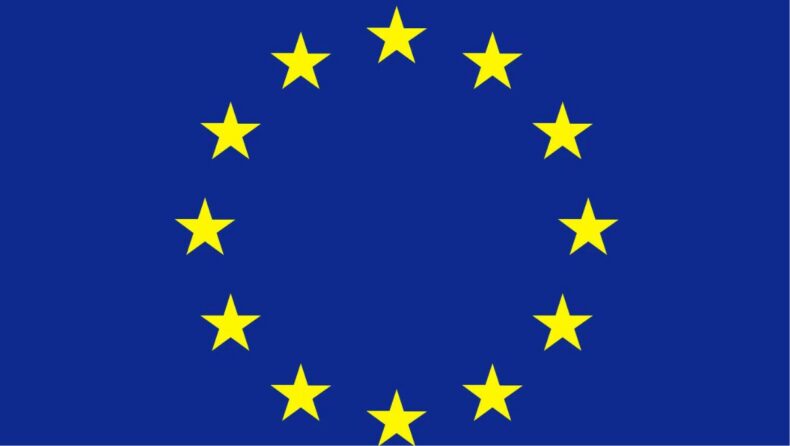On Monday, the foreign ministers of the European Union will meet in an effort
to reach a consensus on more sanctions on Russia and Iran, as well as an
additional 2 billion euros ($2.11 billion) for arms shipments to Ukraine. The
ninth package of Russian sanctions, that will add almost 200 more individuals
and corporations to the EU sanctions list, will be evaluated by foreign
ministers.

Due to a disagreement over frozen EU money for Budapest, it is yet unknown
whether Hungary will veto some decisions or engage in “blackmail diplomacy,”
as it has been described by diplomats.
The use of Budapest’s veto power was referred to by a senior EU diplomat as
“the huge elephant in the room,” who said that there was agreement in
principle. It’s a form of blackmail diplomacy that we would like not to witness,
but it is what it is. The EU sanctions list will be expanded by over 200 more
people and entities as a result of the ninth package of penalties against Russia
that will be discussed by foreign ministers.

As a result of human rights violations in Tehran’s assault on demonstrators and
the supply of drones to Russia, fresh sanctions have been placed on Iranian
individuals and organizations. Additionally, they want to add 2 billion euros to
a fund that member nations have used to support Kyiv’s purchase of weapons
but have mostly exhausted over the course of the conflict in Ukraine, which
has lasted for about 10 months.

On a civilian mission to Moldova, which may request assistance with cyber
defense, the battle against corruption, or the bolstering of the rule of law,
ministers are anticipated to reach agreement.
Additionally, foreign ministers are anticipated to approve a three-year military
mission to Niger that will initially consist of 50–100 troops and eventually
reach 300 in order to assist the nation in developing its infrastructure and
logistics.

Niger, one of the world’s most impoverished nations, is seen to be at risk from
a potential spillover of the bloodshed from Mali, where Islamist militants are
gaining ground as a result of the disengagement of French and other European forces.
Ministers will speak with their colleagues from the Eastern Partnership, which
includes Armenia, Azerbaijan, Georgia, Moldova, and Ukraine. The EU has
worked to stabilize these countries in response to Russia’s conflict in that
country.












